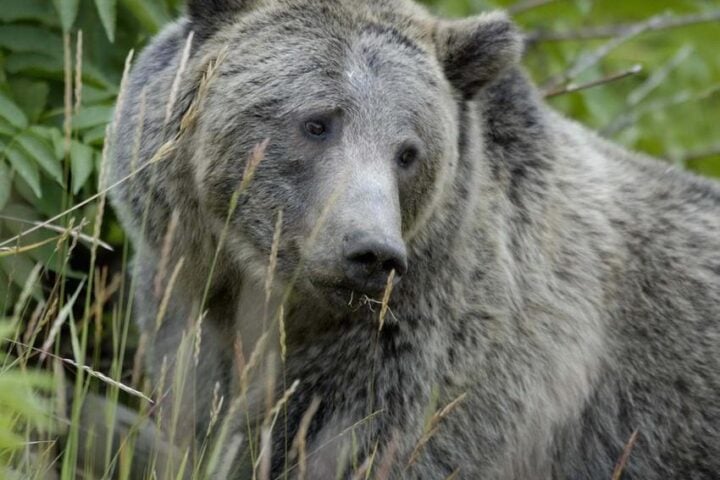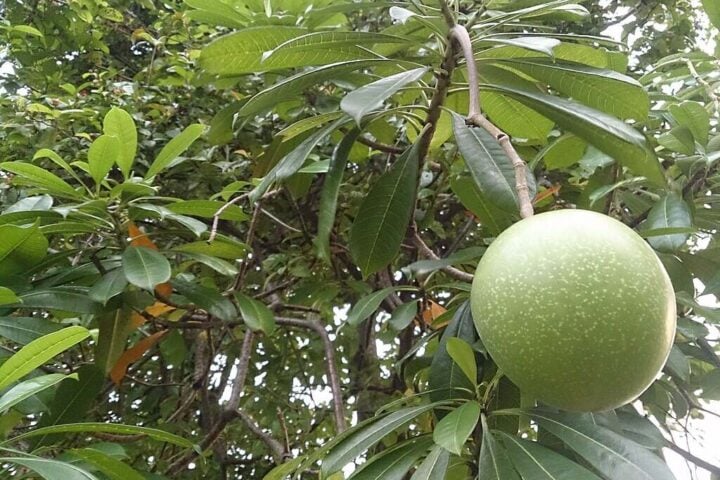The vaquita (Phocoena sinus) is a species of porpoise endemic to the northern end of the Gulf of California in Baja California, Mexico. Averaging 150 cm (4.9 ft) (females) or 140 cm (4.6 ft) (males) in length, it is the smallest of all living cetaceans. The species is currently on the brink of extinction, and currently listed as Critically Endangered by the IUCN Red List; the steep decline in abundance is primarily due to bycatch in gillnets from the illegal totoaba fishery. Commission for Environmental Cooperation (CEC) works towards cooperative nature conservation in Canada, USA & Mexico. With their Vaquita Porpoise conservation efforts, they have collected data that is published in a report. Scientists now believe their future is more precarious than ever, after a recent survey found fewer than 10 individuals left in the waters of their limited home range between Baja California and Mexico.
However, saving them won’t be so easy. Vaquitas continue to face a host of threats, including a lucrative illegal fishing industry, political apathy and conservation measures that have been largely ineffective. Vaquitas share the Gulf of California with highly coveted sea creatures including the totoaba, an endangered fish with perceived medicinal properties that retails in China’s black market for thousands of dollars. Vaquitas, alongside sea turtles and whales, can easily become entangled in the massive mesh netting known as “gillnets” used by totoaba poachers and local fishers.
The US has sought to put pressure on Mexico over the issue. On Thursday, the Office of the United States Trade Representative announced that it was requesting consultations with the Mexican government over whether environmental commitments made under the United States-Mexico-Canada Agreement – which replaced Nafta in 2020 – that were intended to protect vaquitas had fallen short. The US has also enacted embargoes on the Mexican seafood industry, including banning importation of seafood typically caught in gillnets in vaquita territory. Last year, the US also stopped importing all Mexican wild-caught shrimp citing concerns over sea turtle protections. Meanwhile, as enforcement from authorities waned, illegal fishing has flourished. Backed by the cartels, the expansion of the totoaba market has coincided with vaquita numbers dropping roughly 50% annually. International advocates have struggled to shift the tides. The locals say that there is a chance that the vaquita will survive. But it is conditional on them not being caught in the nets.



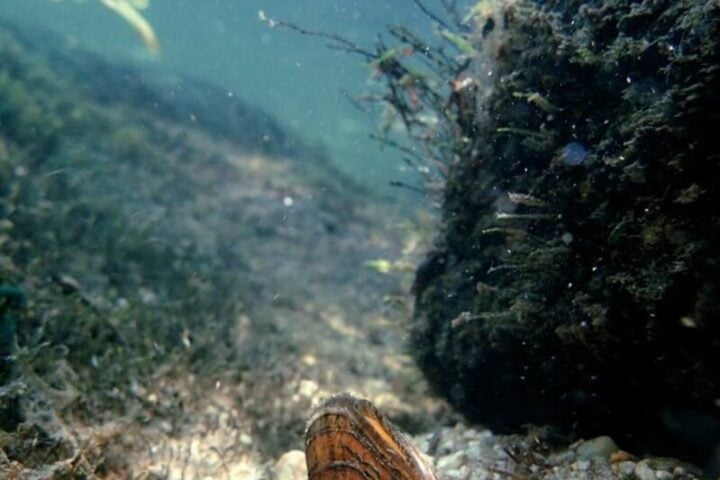
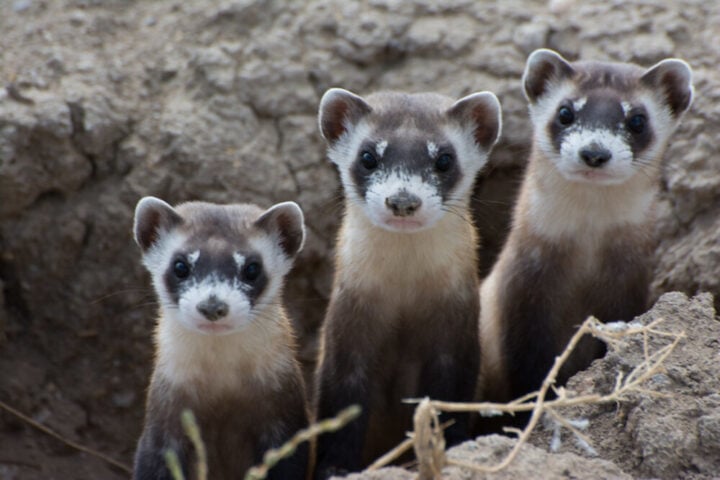
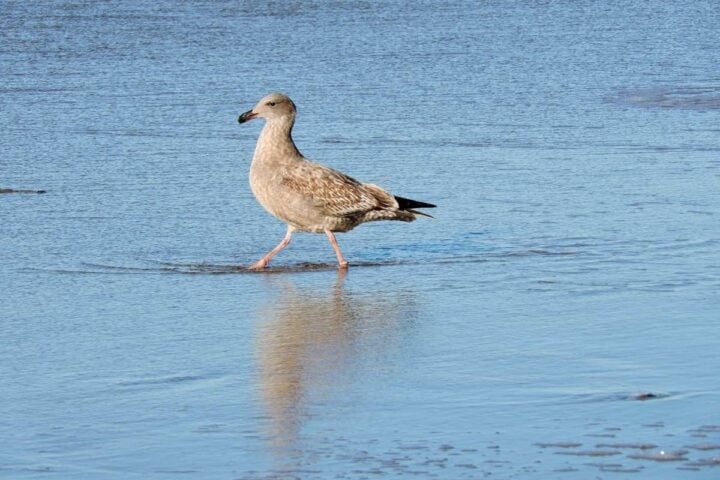
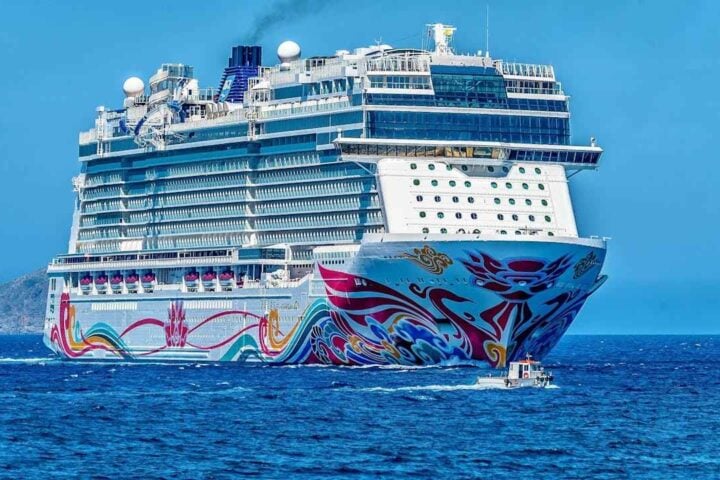

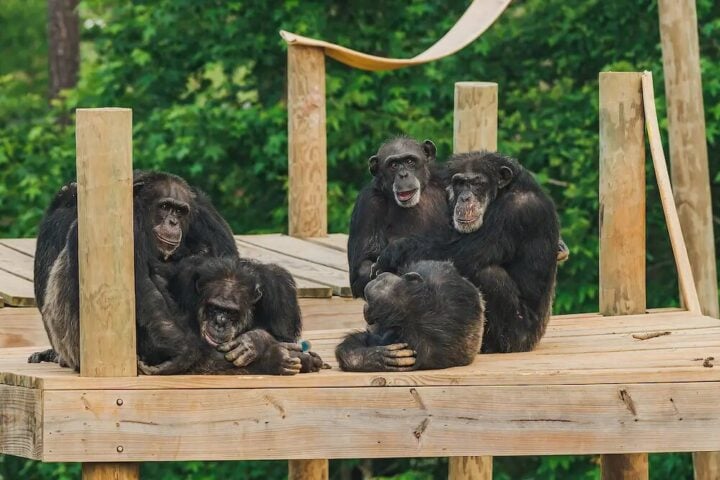

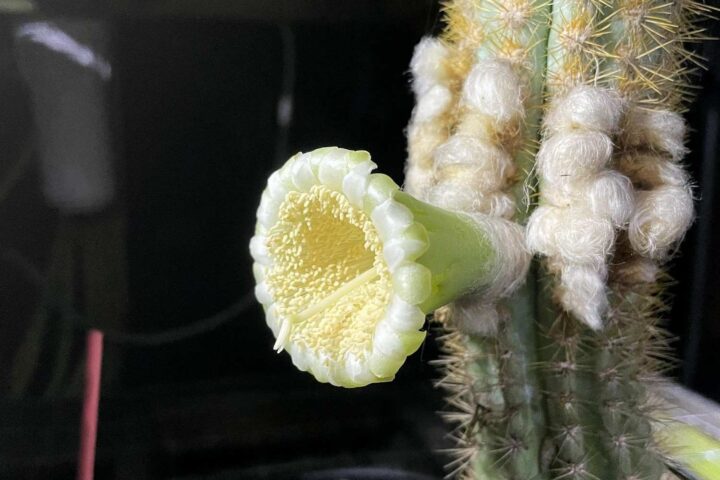
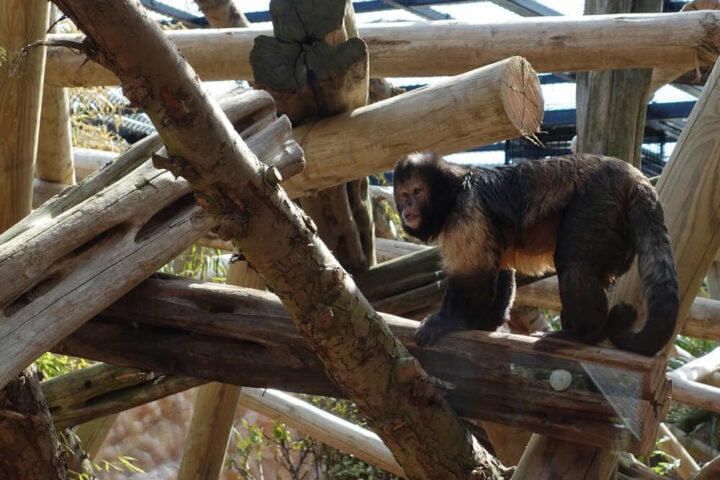
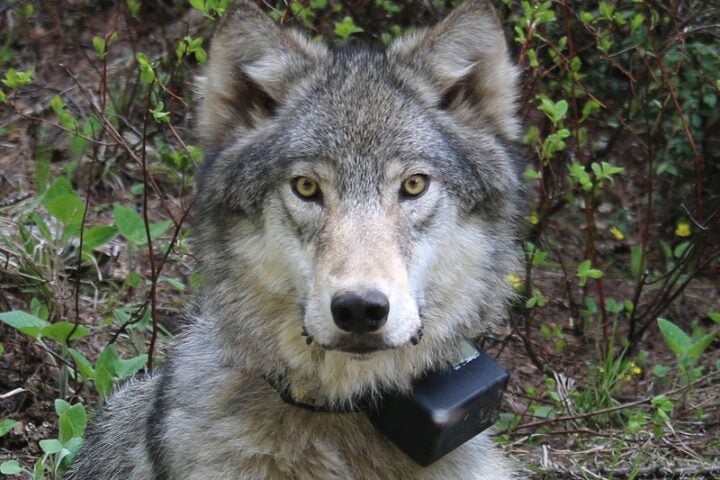
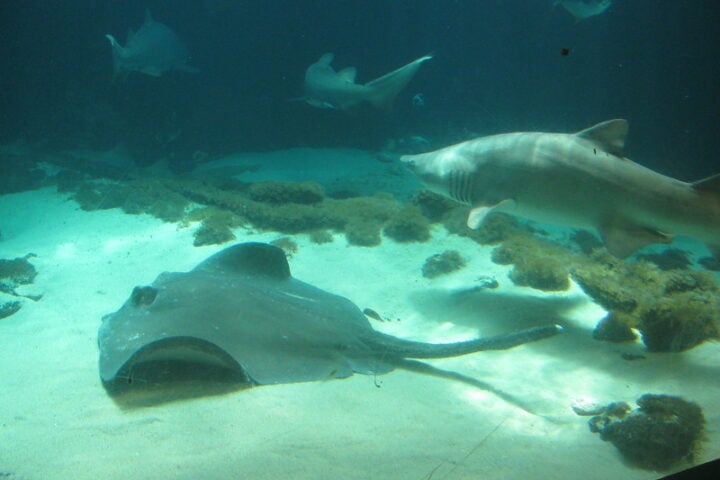

![Representative Image: European Starling [49/366]. Photo Source: Tim Sackton (CC BY-SA 2.0)](https://www.karmactive.com/wp-content/uploads/2025/04/Starlings-Drop-82-in-UK-Gardens-as-Birdwatch-2025-Reveals-Record-Low-Count-Since-1979-720x480.jpg)
